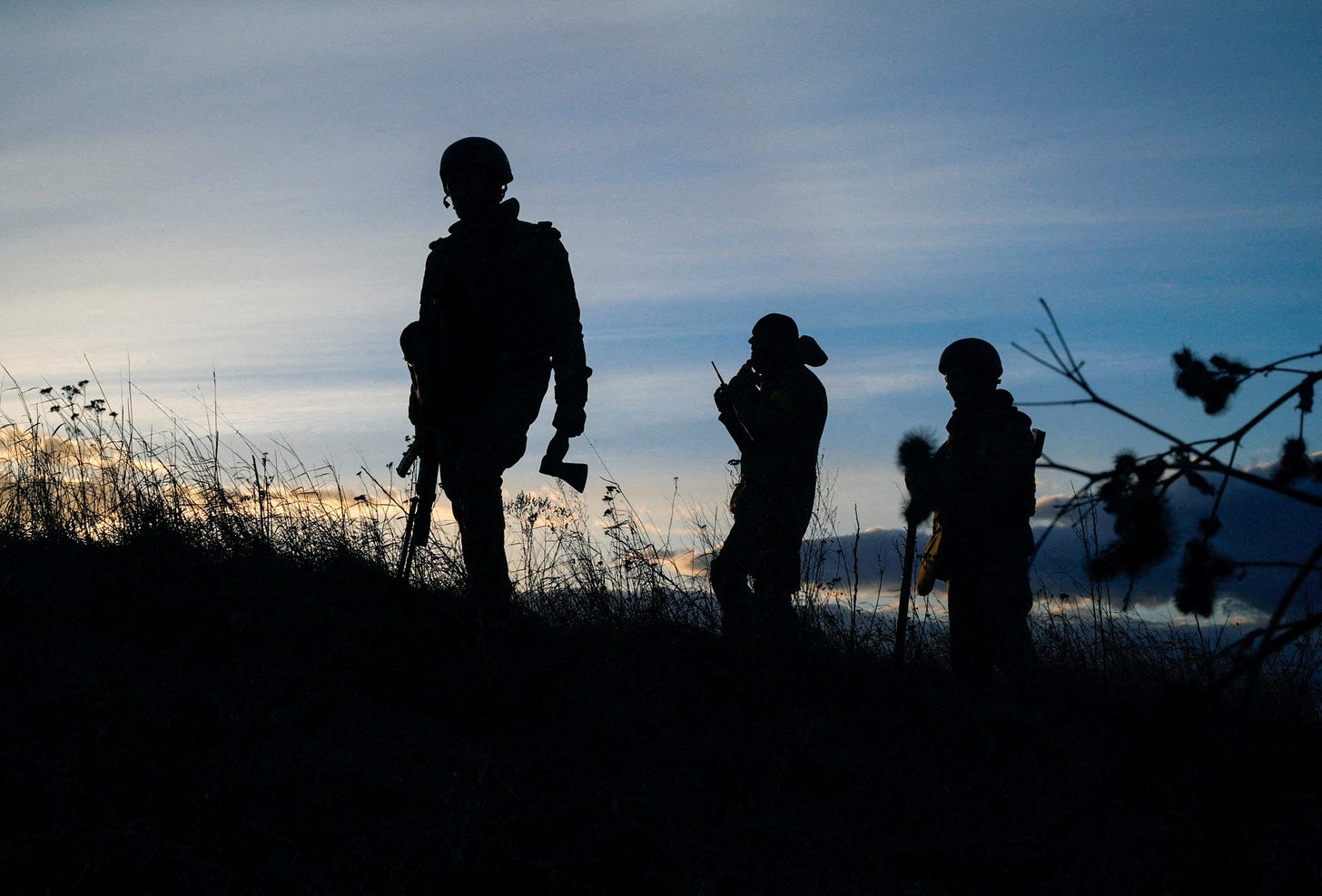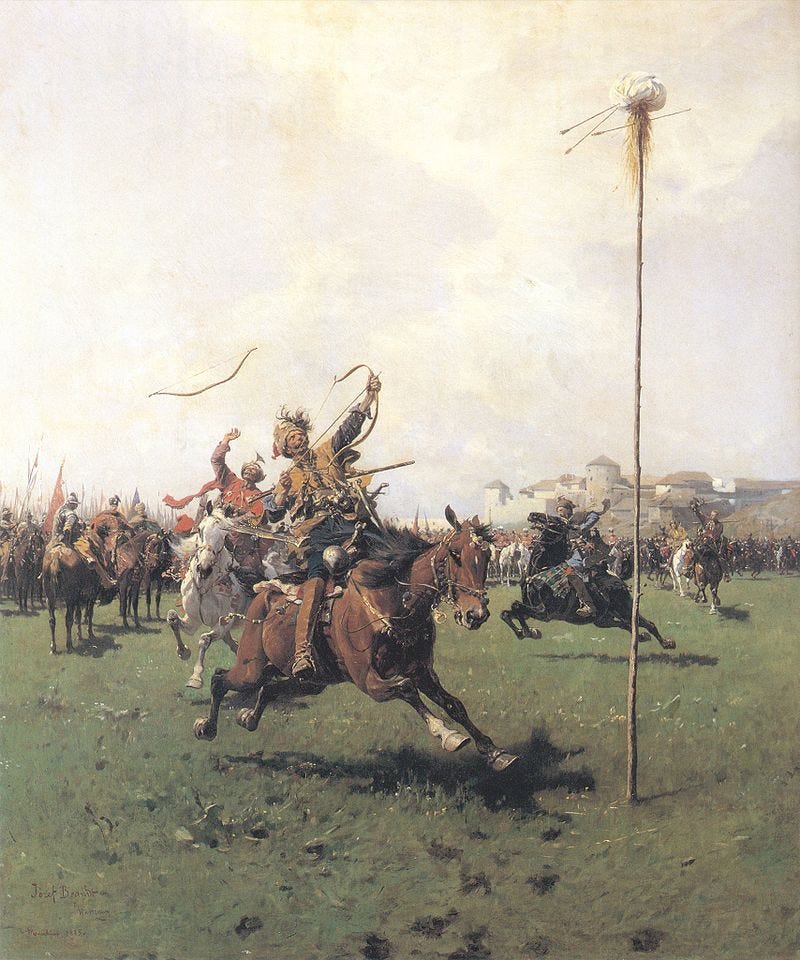What's in a name?
A rose is a rose, and a frontier is a frontier
The other day I was shown an ad from Silent Professionals offering 1000-2000 USD per day, plus bonuses, doing security work in the Ukrainian frontier. Duties involved the location and exfiltration of civilians and their families (presumably quite wealthy) from large cities, across the wild countryside. Almost all the tactical intelligence gathering and operative planning was to be done on site by the employee.
The rate is serious money, as most job offers for contractor work in other parts of the world (including quite dangerous places like Liberia or Iraq) pay around 500-750 USD per day. These are Western rates for very specialized work, by the way; Wagner grunts make about 250000 rubles (2000 USD) a month, which is just a little less than what foreign fighters that have joined the Ukrainian regulars earn.
One thing that caught my attention were the stated minimal requirements, which included at least 5+ years of military experience in that part of the world, in combat roles. Candidates lacking this experience would be considered non-competitive and dismissed without receiving an answer. In other words, what the employer is looking for is veterans from the fighting and the secret operations that have been going on in the country since 2014. If one is willing to offer that kind of cash, it must be assumed that the competition is hard, and it probably involves both locals and foreigners.
Ukraine, in a sense, has been turned into a mercenary farm: a giant training facility for war where soldiers of fortune have been honing their skills for almost a decade. It is also a fantastic opportunity for trying new weapons and doctrine, much like Spain in 1936 or Manchuria in 1905. Like an enormous university campus dedicated to the trades of war, the country is a testing ground for the conflicts of the future: drones, TiktTok propaganda, you name it.
With every passing month, Ukraine becomes more the husk of a State, its institutions hollowed out by necessity to support the war effort. It was already quite corrupt and dysfunctional before the invasion, and the degradation in civic virtues that always follows war has been punctuated by several high-profile cases. So far, the deputy head of the presidential administration, four deputy ministers (including the one from Defense), five governors, five regional prosecutors and two heads of government agencies have been ousted. It will be very hard, from the perspective of governance, to manage the massive influx of arms and money, all while other productive sectors of society whither away.
Ukraine’s demographic prospects reflect this grim reality. More than 8 million people, a majority of them women and children, have left the country for more peaceful and less venal lands. According to some polls, they have little intention to go back. The infrastructure that makes the country inhabitable, a primary target for Russian batteries, is gone for many years to come, and the idea of a rebuilt post-war Ukraine is unpromising even assuming Ukraine wins. Biopolitically, the meaning of the war is clear, and it spells swift depopulation, or replacement in the best of cases (by whom, we’ll have to see).
The region is no stranger to this phenomenon. At the time of the greatest expansion of the Polish-Lithuanian Commonwealth, its Eastern borders stretched well past the Dnieper and beyond Smolensk. Territory was more or less politically controlled by a landed military caste, the szlachta, who relied on the income produced from their estates to sustain their own small armed contingents, used for ceremony and for defense against raiding, especially from Crimean Tatars.
The zenith of this period (or its nadir; it really depends on who you ask) are the Polish-Muscovite Wars of 1605-1612, also called the Dimitriads. In a series of expansionist campaigns, the Polish magnates invaded Moscow in 1610 at the head of their private armies, of which Aleksander Józef Lisowski’s was the most famous. Many of the soldiers who took part in these actions, enthralled by the mercenary way of life, would go on to spend the rest of their existence serving various factions in the Thirty Years War.
Etymologically, Ukraine means something like “frontier”. It’s been a land of conflict and disputed ownership for most of its history. Its current circumstances, while heartbreaking, are not exceptional. It’s unlikely it will survive this ordeal in its current form, much less join the EU. Marked for destruction, its destiny is to live up to its name as a borderland.






A super post! Excellent documentary work, profound, great knowledge of etimology